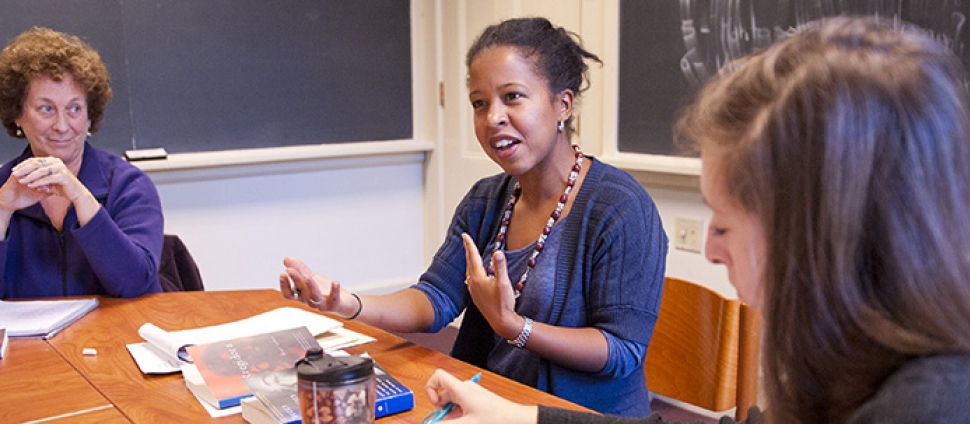Document Type
Article
Publication Date
Fall 2024
Publication Title
The Journal of African American History
Abstract
This article examines the impact that Billie Holiday’s singing of “Strange Fruit” had on African American audiences from 1939 until Holiday’s death in 1959. It argues that Holiday’s performances embodied and induced a state of collective mourning by way of their politically strategic efforts to frame Black existence as a site of ongoing endangerment and corresponding fear. With carefully crafted, professional expertise, Holiday’s singing generated a feeling of shared vulnerability among her Black audiences and, furthermore, presented that feeling as the very foundation of Black being. Effecting its intended political work, her singing thus prompted some of these listeners to commit themselves to eradicating the social and political conditions that reproduced the pervasive feelings of threat and trepidation structuring their own Blackness.
Volume
108
Issue
4
DOI
10.1086/726667
Version
Version of Record
Rights
© 2023 asalh
Recommended Citation
Ng, Samuel Galen, "Professional Mourning: Billie Holiday’s “Strange Fruit” and the Remaking of Black Consciousness" (2024). Africana Studies: Faculty Publications, Smith College, Northampton, MA.
https://scholarworks.smith.edu/afr_facpubs/23



Comments
Archived as published.